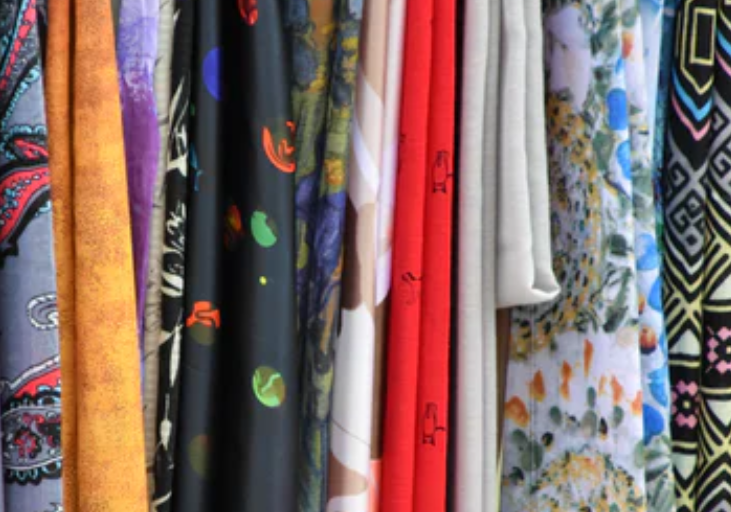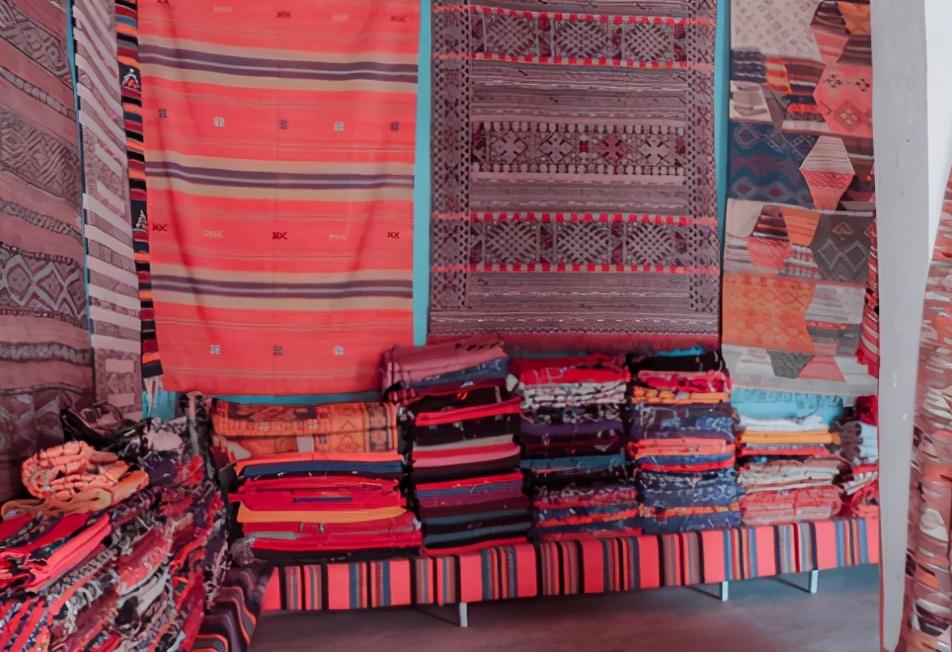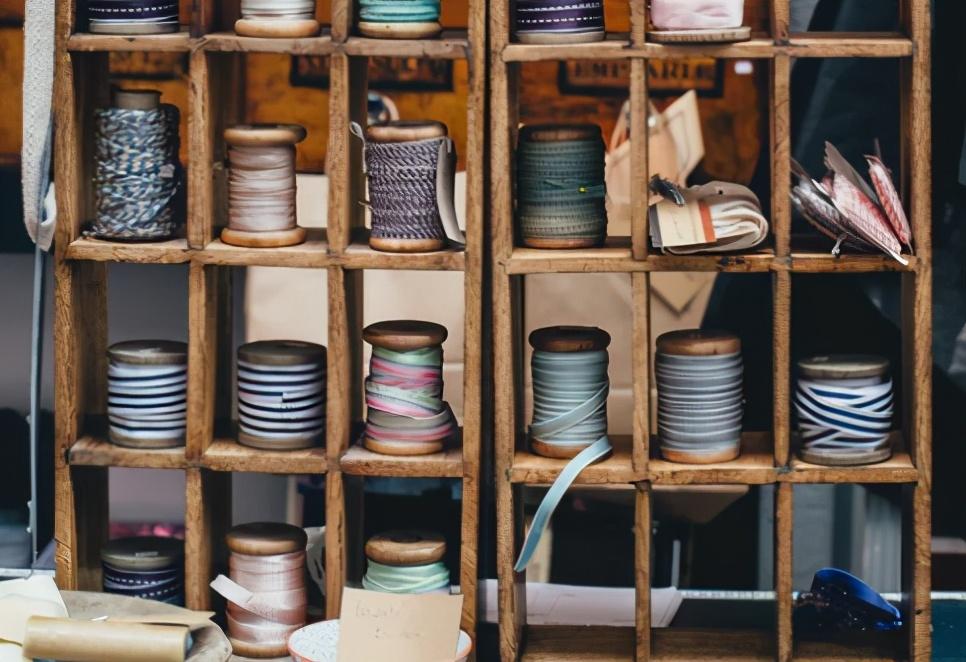Some time ago, the fluctuation of raw material prices in the textile market really affected the hearts of countless textile makers. Not long ago, the listing of short fiber futures and the daily limit of 4 times in 6 days, even more It brings hope to the “pain of high inventory” in the hearts of polyester manufacturers.
As long as textile workers talk about polyester fiber, they cannot avoid PTT. So what exactly does PTT mean in their mouths?

PTT fiber is the abbreviation of polytrimethylene terephthalate fiber. It is a member of the polyester family and belongs to the same family as PET and PBT.
The development and research of PTT polymer can be traced back to 1941. In the 1990s, due to the ability to industrially produce cheap 1,3 propylene glycol monomer (PDO), PTT Only then can we develop.
Next, DuPont in the United States successfully used biotechnology to refine and produce 1,3 propanediol from cheap fermentable carbohydrates such as corn.
It is precisely because of the introduction of 1,3 propylene glycol that the molecular bonds of PTT fiber have a Z-shaped fold line structure.
We have adopted PTT fiber, which has better advantages than polyester and nylon, that is, soft hand feeling and high stretch recovery (even if stretched 120%) can achieve 100% reply).

At the same time, PTT fiber is easier to dye, easier to care for, has better wash fastness and UV resistance.
You can even evaluate it this way, PTT fiber has the characteristics of both polyester and nylon.
In addition to its good anti-fouling properties, its elongation is as good as spandex fiber. Compared with elastic fiber spandex, it is easier to process and is very suitable for textile and clothing fabrics.
PTT fabric has comfortable elasticity, which is significantly better than polyester PET, polybutylene terephthalate PBT and polypropylene PP fiber .
Although PTT is not a new polymer, the technology development around this polymer seems to bring new opportunities to the carpet industry, textile industry, film and packaging markets, and other Some markets offer many opportunities.

You can use needle punching and hydroentangling processing methods to make PTT short fibers and other fibers, such as PET, nylon and polypropylene fibers. Various nonwoven fabrics. The nonwoven fabrics made of these PTT short fibers are characterized by good hand feeling and high fluffiness.
In addition, PTT fiber can also be used to make ultra-fine denier artificial leather, and there are two kinds of non-woven products made of PTT fiber as basic raw materials. Big plus, it’s soft to the touch and resistant to gamma radiation.
As a polymer fiber, I believe that PTT will definitely shine in the future market with its excellent performance.
I hope that all manufacturers will not be anxious or panic when faced with today’s high inventory of PTT. This year will be difficult for us all, but the night before dawn is the darkest. I believe you can do it. Made it through.
Come on, textile people!








